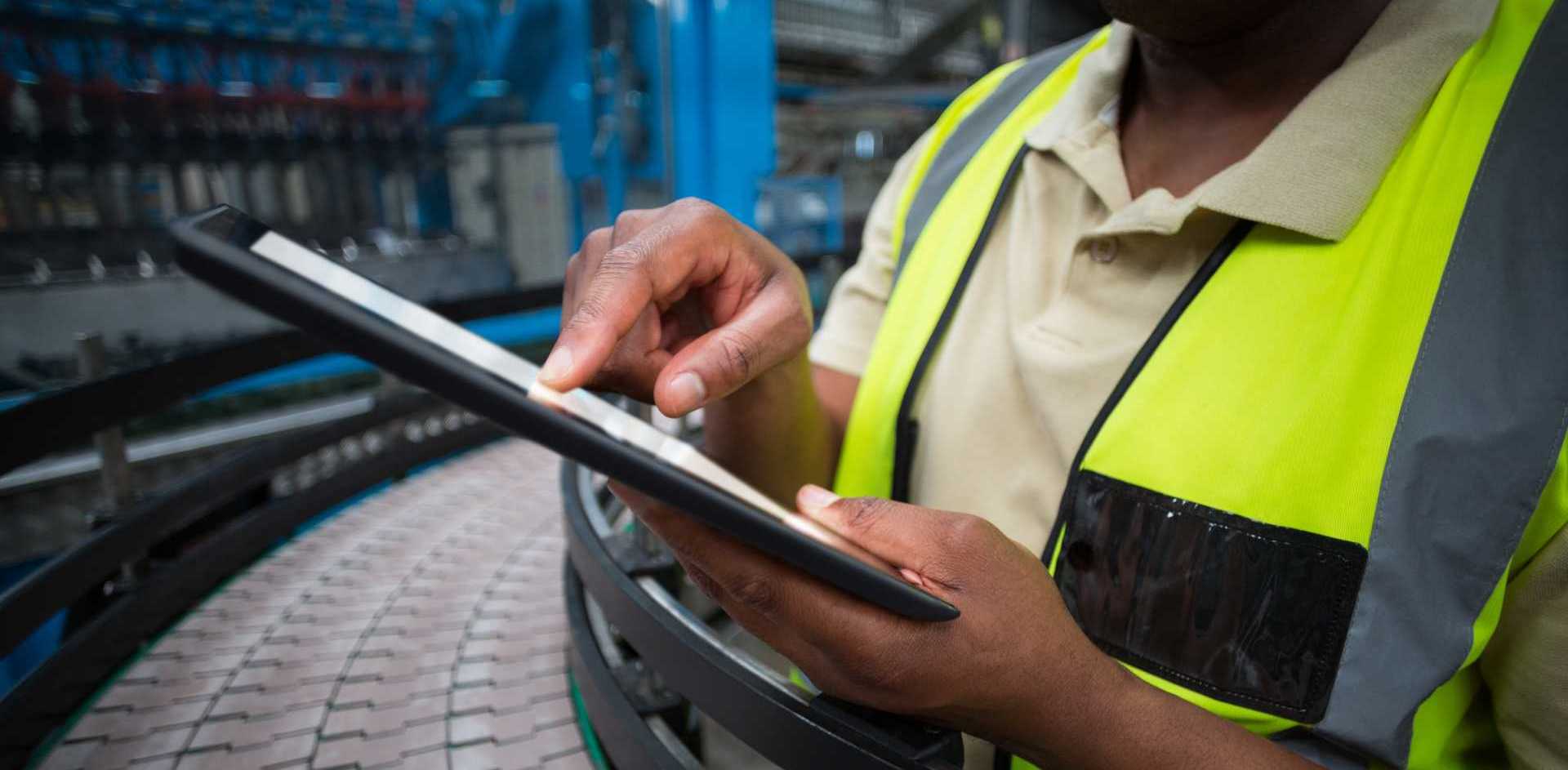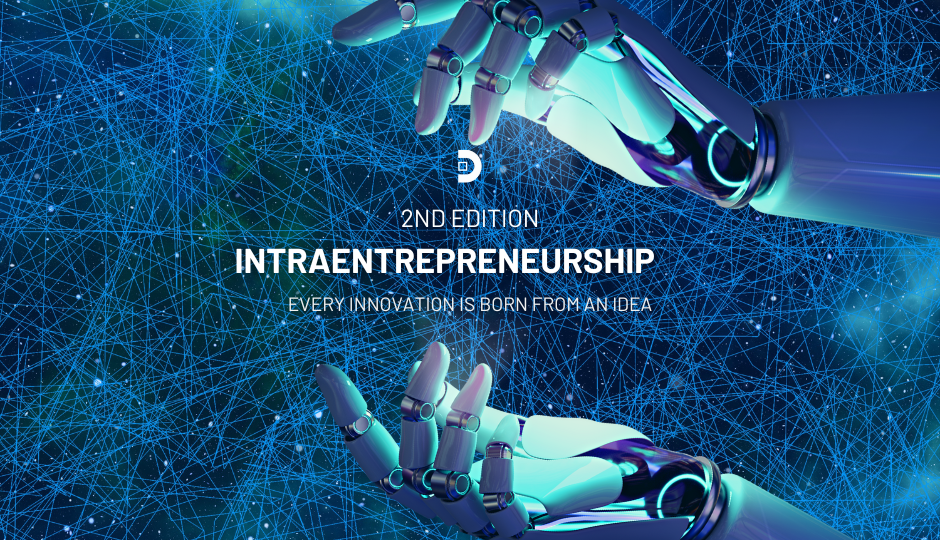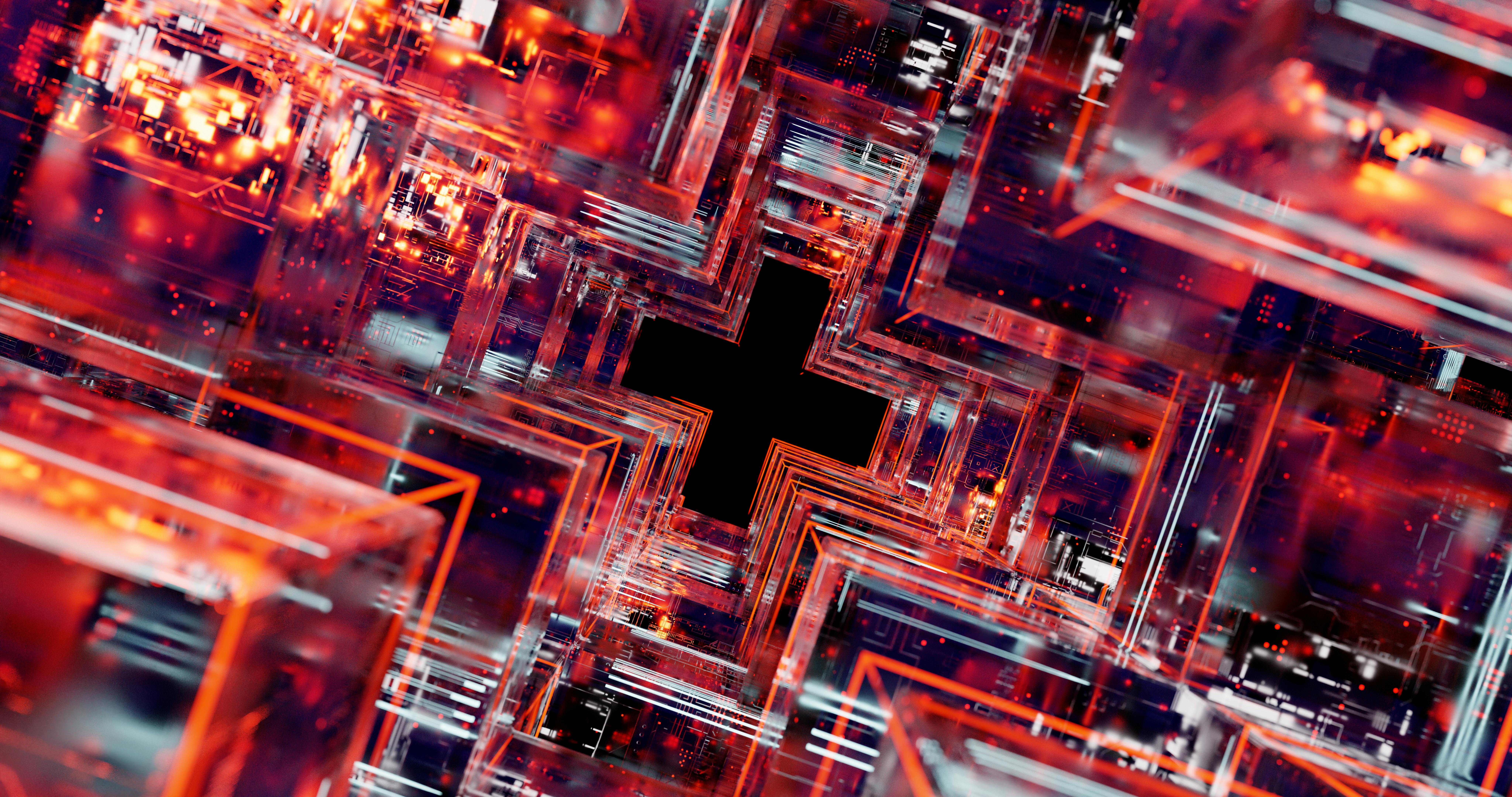The digital transformation of industry is an unavoidable reality thanks to new technology allowing businesses to be more efficient. It represents an opportunity that absolutely all companies must deal with, though the transformation goes much further than just technology.
Industry 4.0, also known as the Fourth Industrial Revolution, has generated great expectations as the path for companies to take to be competitive in today's environment. It is a process closely linked to technologies like robotics and artificial intelligence, the Internet of Things, cloud computing and advanced analytics applied to production environments. Some examples of this are the automation of processes using artificial intelligence, predictive maintenance to anticipate machine failures and virtual reality to train employees. But what does Industry 4.0 actually mean?
Digital transformation in industrial concerns is the connection between the physical and virtual world, incorporating connectivity and advanced analysis of big data into production and business processes.
This is reflected in the fact that nearly 50% of machines are currently connected, and 70% of industrial organisations are starting to implement Industry 4.0 technologies, according to the report on the Fourth Industrial Revolution by the World Economic Forum.
However, this industrial digitalisation is nothing new, as it is now 20 years since these concerns started incorporating information systems and the Internet in their business. The current change we call Industry 4.0 has more to do with the lowering of computing and information storage costs, the development of industrial communications systems and networks, innovation in the sphere of advanced analytics made possible by certain new algorithms such as GRU (Gated Recurrent Unit), CNN (Convolutional Neural Networks) and in general all the techniques associated with Deep Learning models that allow data to be turned into highly valuable knowledge. Thus, today any production process can be monitored in real time and information extracted and analysed to take decisions that allow the business to be enhanced in a highly advanced, precise and economically accessible way.
A new reality based on connectivity and algorithms
The Fourth Industrial Revolution is focused primarily on innovation in production systems, boosting competitive advantage through greater operational excellence. This is implemented through the use of sensor technology and the Internet of Things for monitoring, connecting the whole chain of production and artificial intelligence to automate processes. Many large companies are already rolling out technology of this kind.
Examples include manufacturing companies that thanks to the use of the Internet of Things and data analysis have cut time to market from several years to just a few months, car manufacturers who use sensors and predictive analysis to make more efficient engines or fully automated factories that use predictive models to adjust output to demand.

The great challenges of a complex process
While Industry 4.0 offers major opportunities, the concept can generate a certain confusion because it covers a wide range of technologies with different uses. "Not all industries are the same," explains Ignacio Urigüen, head of the Digital Transformation area at DOMINION, "Every industrial process requires specific technologies and therefore different approaches when it comes to dealing with these processes and digitalisation technologies." Another factor is the degree of maturity of the company in terms of digitalisation, as some are much more advanced than others in implementing information systems.
Another of the major challenges lies in the company's own culture and the change that needs to be made by the people who are part of it.
"Even with the promise of digitalisation and automated artificial intelligence, the fact is that information systems are implemented and programmed by human beings and people also have to play their part in this digitalisation process," states the head of the Digital Transformation Unit at DOMINION.
Finally, the important thing is for the rise of technology not to distract from the essential goal, which is to improve business processes. "It is not a matter of incorporating technology for the sake of it, but of identifying what is necessary to achieve greater production and business efficiency," explains Ignacio Urigüen, "The first step is to identify the business goal and then to apply the technology to help achieve it."
A multi-disciplinary approach but one that is tailored to each company's circumstances.
As a global supplier of technology solutions and services for Industry 4.0, Dominion has vast experience in designing and implementing systems and processes for digital transformation to help boost the efficiency of industrial concerns' production processes. Dominion provides specialist solutions adapted to each company's realities. This includes identifying the critical assets in each process, monitoring and supervision, as well as analysis of information to improve the efficiency of production and business processes. The process covers every stage in the transformation process, from identifying needs and strategic support to implementing the technology and subsequent maintenance of the solution.
The company therefore executes complete projects covering the whole value chain. Some examples carried out by Dominion include the monitoring and predictive maintenance of industrial production assets through the use of sensors and massive data analysis; the use of IoT technologies for smart monitoring of large production plants and smart automation of critical production processes within the organisation through the use of robotic systems.
"We have the know-how, the experience and the capacity we need to take on full digitalisation projects in major industrial concerns. Not only do we have the technological know-how, but within our organisation we also have extensive experience in a range of production sites and industrial processes, giving us the specialist knowledge that sets us apart from the competition," concludes Urigüen.












